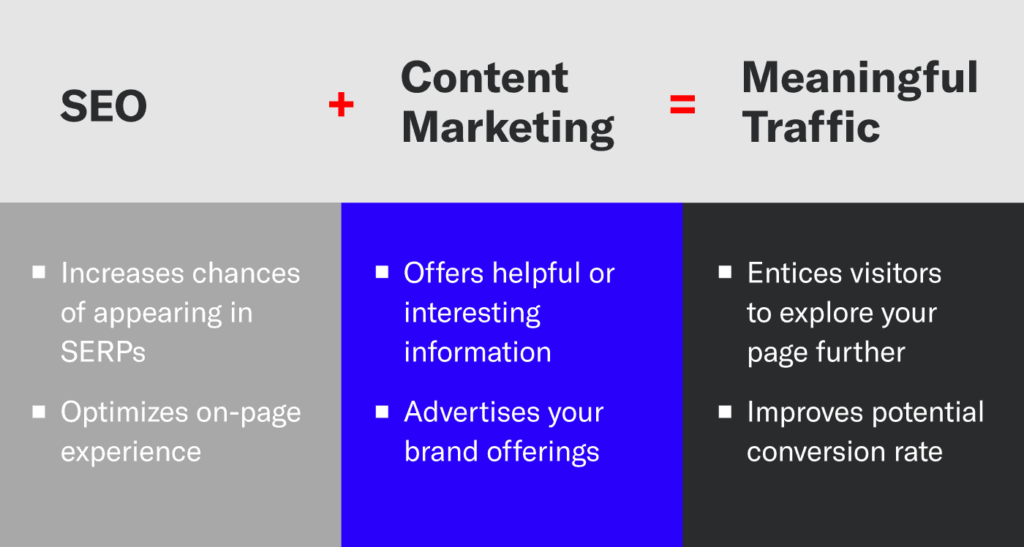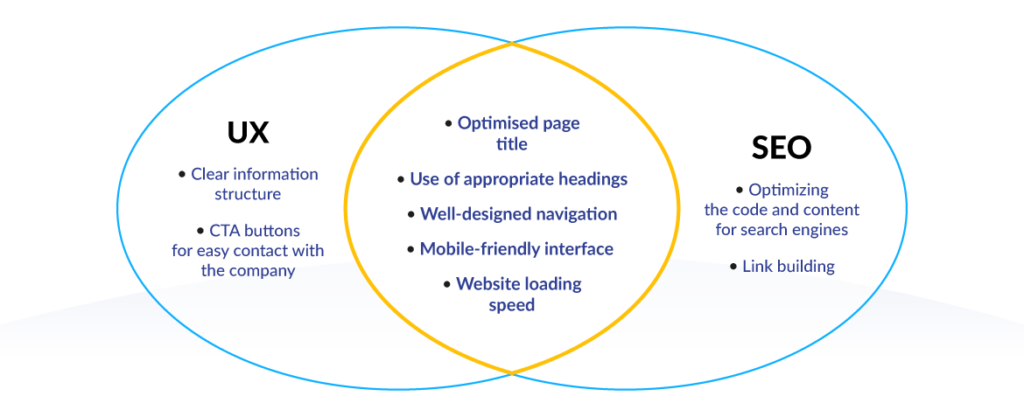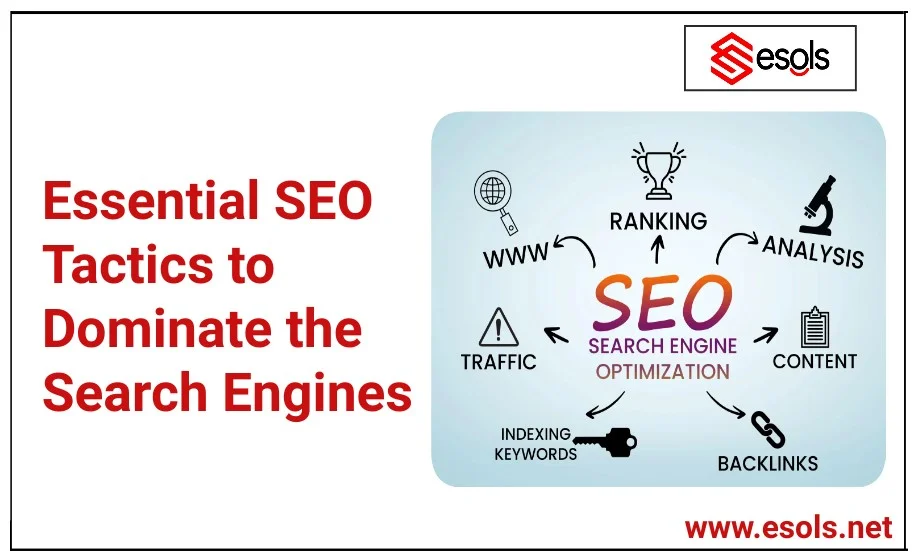In the digital era, mastering SEO (Search Engine Optimization) is crucial for businesses seeking to enhance their online visibility. With the right strategies, you can increase your website’s ranking on search engines, driving organic traffic and boosting your online presence. This blog will explore essential SEO tactics that will help you dominate search engines in 2024 and beyond.
Understanding Essential SEO Tactics
Understanding essential SEO tactics involves mastering strategies to enhance your website’s visibility on search engines. This includes thorough keyword research to align with user intent, creating high-quality and valuable content, optimizing your site for mobile devices, and ensuring a strong technical foundation like secure HTTPS and fast loading times.
Additionally, building quality backlinks and improving user experience are key factors that contribute to higher search engine rankings and increased organic traffic.

Keyword Research and Optimization
Conducting thorough keyword research allows you to understand what your audience is searching for. Focus on long-tail keywords that match user intent, which is crucial for attracting qualified traffic.
Incorporate keywords naturally into your content, including titles, headings, and meta descriptions. Avoid keyword stuffing, as it can lead to penalties from search engines. Leverage tools like Google Keyword Planner, Ahrefs, or SEMrush to find relevant keywords with high search volume and low competition.
High-Quality Content Creation

Value-Driven Content:
Create content that provides value to your audience, solving their problems or answering their questions. High-quality, informative content is more likely to be shared and linked to.
Regular Updates:
Consistently update your content to ensure it remains relevant. Search engines favor fresh content, which can improve your ranking.
Content Length:
Long-form content (1,500+ words) tends to perform better in search engine rankings as it provides comprehensive coverage of a topic.
On-Page SEO Best Practices
Craft compelling title tags and meta descriptions that include your primary keywords. These elements are crucial as they impact click-through rates from search engine results pages (SERPs).
Use header tags (H1, H2, H3, etc.) to structure your content. This not only improves readability but also signals the importance of the content to search engines. Optimize images by using descriptive file names and alt text. Compress images to reduce loading times, as faster websites rank better.
Mobile Optimization
Ensure your website is mobile-friendly, as a large portion of users access the web via mobile devices. A responsive design improves user experience and is favored by Google. Optimize your website’s loading speed on mobile devices. Use tools like Google’s PageSpeed Insights to identify and fix issues.
Google uses mobile-first indexing, meaning it predominantly uses the mobile version of your site for indexing and ranking. Ensure your mobile site is fully optimized.
Technical SEO

Site Architecture:
- Create a clear and logical site structure that makes it easy for search engines to crawl and index your content. Use a sitemap to guide search engines.
Secure Website (HTTPS):
- Switch to HTTPS to ensure your website is secure. Google has confirmed that HTTPS is a ranking signal, and it also builds trust with your users.
Fix Broken Links:
- Regularly check for and fix broken links, as they can harm your site’s ranking. Tools like Screaming Frog can help identify broken links.
Link Building
Focus on acquiring high-quality backlinks from reputable websites in your niche. Backlinks are a significant ranking factor for search engines. Write guest posts for authoritative sites to build backlinks and drive traffic to your site. Ensure the content is valuable and relevant to the audience.
Use internal links to guide visitors to other relevant content on your site. This not only improves user experience but also helps with indexing.
Local SEO
Claim and optimize your Google My Business listing. Include accurate information such as your business address, phone number, and hours of operation. Incorporate local keywords into your content and meta tags. This is crucial for businesses that serve specific geographic areas.
Encourage satisfied customers to leave positive reviews on Google and other review sites. Positive reviews can boost your local search ranking.
User Experience (UX) and SEO

Easy Navigation:
- Ensure your website is easy to navigate, with a clear menu and organized content. A positive user experience can lead to lower bounce rates and higher rankings.
Engaging Design:
Use a clean, engaging design that keeps visitors on your site longer. The longer visitors stay, the more likely they are to convert.
Reducing Bounce Rate:
Create engaging content and ensure fast loading times to reduce your bounce rate. A lower bounce rate signals to search engines that your content is valuable.
Social Media and SEO
While social signals aren’t a direct ranking factor, they can influence SEO indirectly. Share your content on social media to increase visibility and drive traffic. Engage with your audience on social media platforms. Higher engagement can lead to more shares, which can drive more traffic to your website. Build brand awareness on social media. The more familiar users are with your brand, the more likely they are to click on your site in search results.

Conclusion
Mastering SEO is an ongoing process that requires constant adaptation to the latest trends and algorithm updates.
By implementing the tactics outlined above, you can improve your website’s ranking, drive more organic traffic, and ultimately dominate the search engines. Remember, SEO is a long-term investment, but with patience and persistence, the results will be well worth the effort.
Read more: The Ultimate Checklist for Successful Social Media Marketing Campaigns
Read more : 5 Easiest SEO Strategies To Use In 2024
FAQ’s
It’s advisable to review and update your SEO strategy every 3-6 months to stay aligned with the latest trends and algorithm changes.
There isn’t a single most important factor, but high-quality content and quality backlinks are crucial elements of a successful SEO strategy.
Indirectly, yes. While social signals aren’t a direct ranking factor, content shared on social media can drive traffic to your site, which can positively influence your rankings.
Mobile optimization is critical, as Google uses mobile-first indexing. A mobile-friendly website improves user experience and can lead to higher rankings.

Smith
Welcome to my blog! As an Digital Marketing expert with over 15 years of experience, I’ve witnessed the transformative power of search engine optimization from the very beginning of my career. In this blog series, I’ll delve into the crucial role SEO , marketing plays in the success of small businesses. Join me on this journey to uncover how leveraging data-driven insights and innovative SEO techniques can propel your small business to new heights, attract a broader audience, and drive sustainable growth in the digital age. Whether you’re a seasoned entrepreneur or just starting out, you’ll find valuable insights and practical tips to enhance your Digital Marketing strategies.


